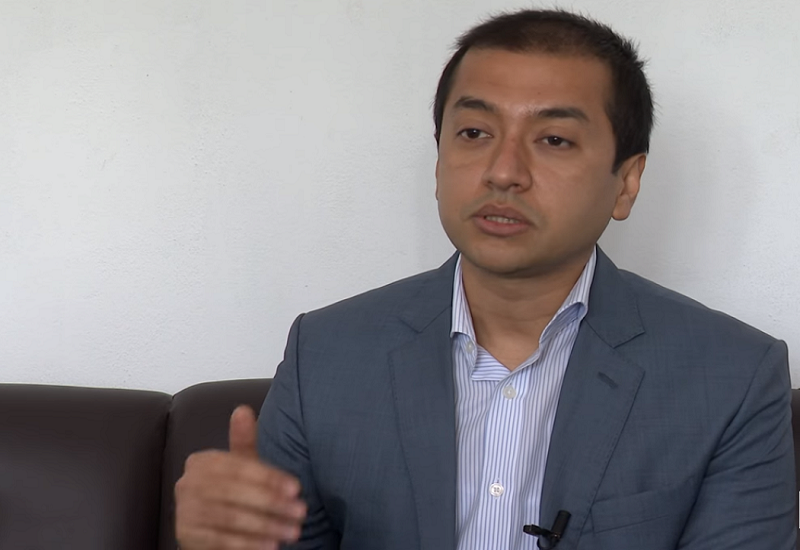Bikal Paudel, the then executive director of the Security Printing Center, has been found guilty of corruption in the procurement of printing machines.
On Sunday, a bench of Special Court Chairman Tek Narayan Kunwar and members Tej Narayan Singh Rai and Ram Bahadur Thapa convicted Paudel and determined his punishment.
The court sentenced Paudel to one-and-a-half years in prison, while also ordering him to pay a fine of Rs 135.85 million and an equivalent amount in damages.
Additionally, the court handed down a prison sentence of six months to Paudel citing his role as the Security Printing Center’s executive director.
The court also fined Max International Pvt. Ltd. and its CEO, Akbar Hussein, Rs 135.85 million and ordered recovery of an equivalent amount in damages from them. Hussein was sentenced to one-and-a-half years in prison.
Paudel, Max International Pvt. Ltd., and Hussein were also ordered to deposit Rs 5.43 million each as compensation into the Victim Relief Fund.
Along with Paudel, the Commission for the Investigation of Abuse of Authority (CIAA) had filed a corruption case against Safal Shrestha, the then director of the National Information Technology Center; Nabin Kumar Pokharel, the former chief divisional engineer (mechanical) at the Ministry of Forest and Environment; Khadka Bahadur Thapa, the then accounts officer of the Security Printing Center; and section officer Hari Ballabh Ghimire.
The CIAA had sought NPR 408.57 million in damages from them.
However, the Special Court acquitted the other four.
The court found that Paudel committed corruption in the procurement of high digital print production system by seeking budget for two programs.
A budget of Rs 300 million was allocated for card-based press machinery software, hardware, and related equipment, and Rs 460 million for paper-based press machinery software, hardware, and related equipment, totaling Rs 760 million for the two programs.
The court ruled that Paudel actively participated in the entire procurement process, combining the budgets of the two separate programs into a single package, deviating from the procurement master plan, implementation plan, and approved programs.

